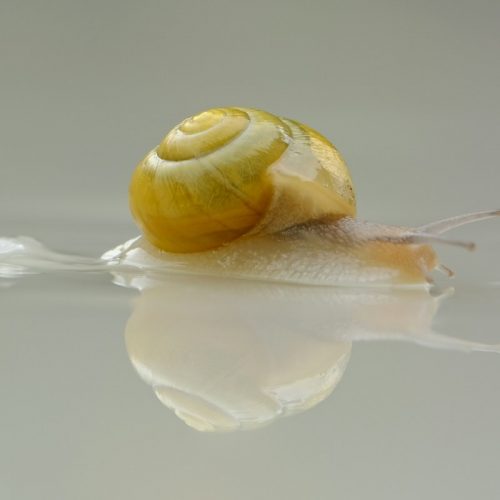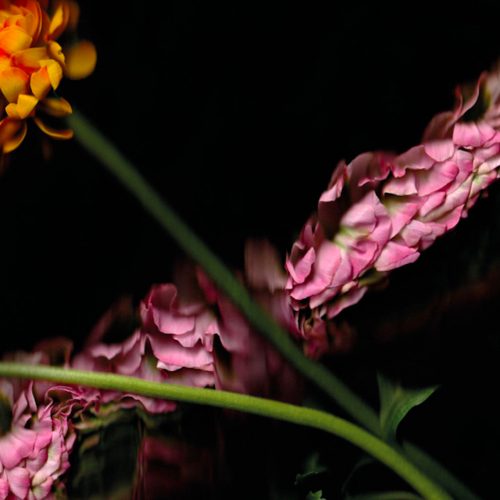5 Foods All Vegans Should Eat
If you are struggling to prioritise important nutrients in your vegan diet, these five foods are a good place to start.
To receive the Luxiders newsletter, sign up here.
5 FOODS ALL VEGANS SHOULD EAT
CHICKPEAS
Even as a vegetarian it can be difficult to get enough protein. Chickpeas are an excellent source of protein that help you feel satisfied after a meal. They are cheap and easy to integrate into your diet. You can eat them in hummus, in curry, a chilli, or a salad. Some vegans enjoy using them as the base for a vegan tuna.
Protein isn’t their only health benefit. The high protein and fiber content of chickpeas helps regulate blood sugar levels. Chickpeas also help with digestion as they contain mostly soluble fiber which blends with water to form a gel-like consistency. Soluble fibers increase the healthy bacteria in your stomach, prohibiting the growth of unhealthy bacteria. Chickpeas can also help with iron deficiency, a common problem for vegans and vegetarians. They make you feel more awake, stronger and reduce shortness of breath.
Waste no time adding chickpeas into your diet to increase your protein intake and help with gut health.
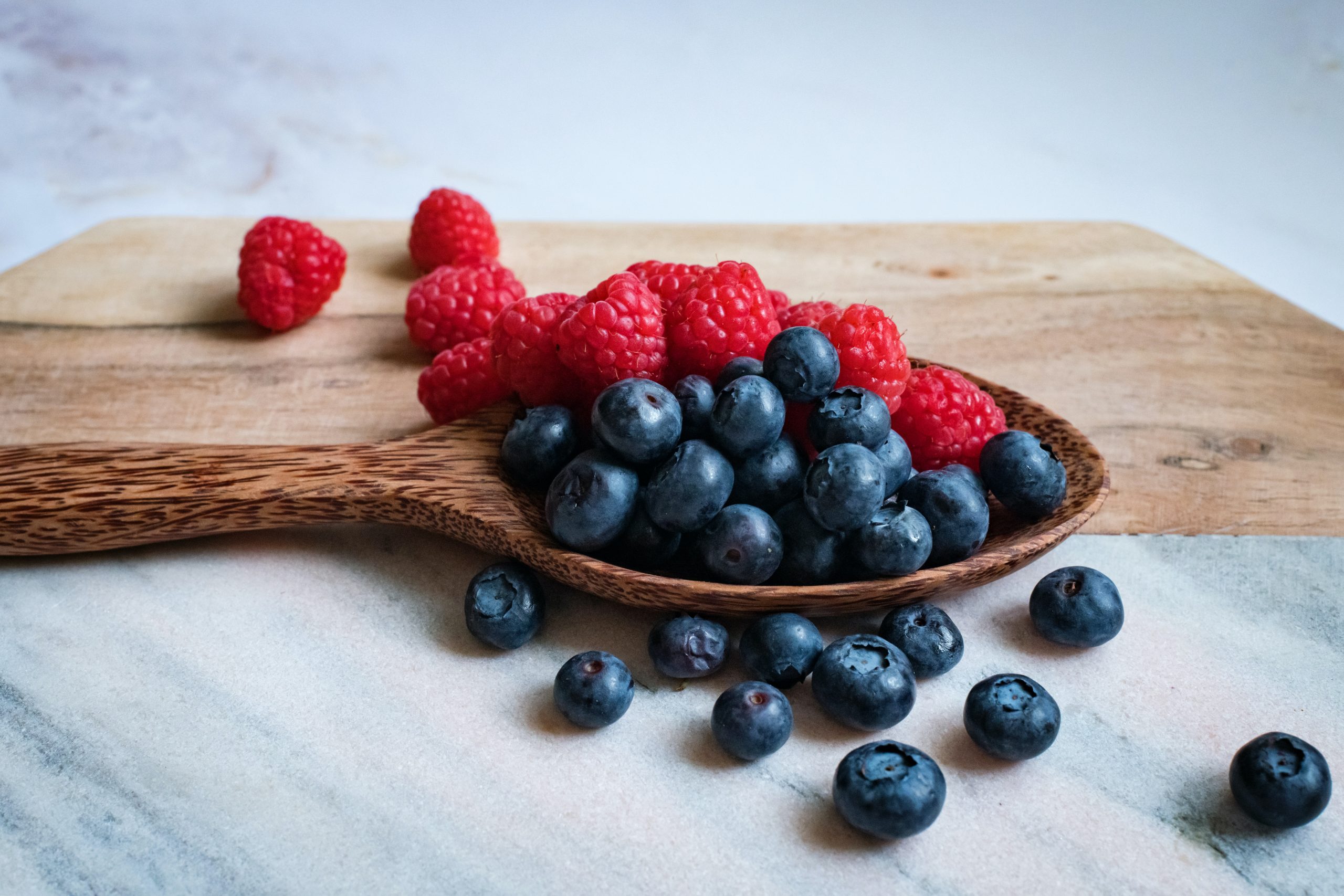
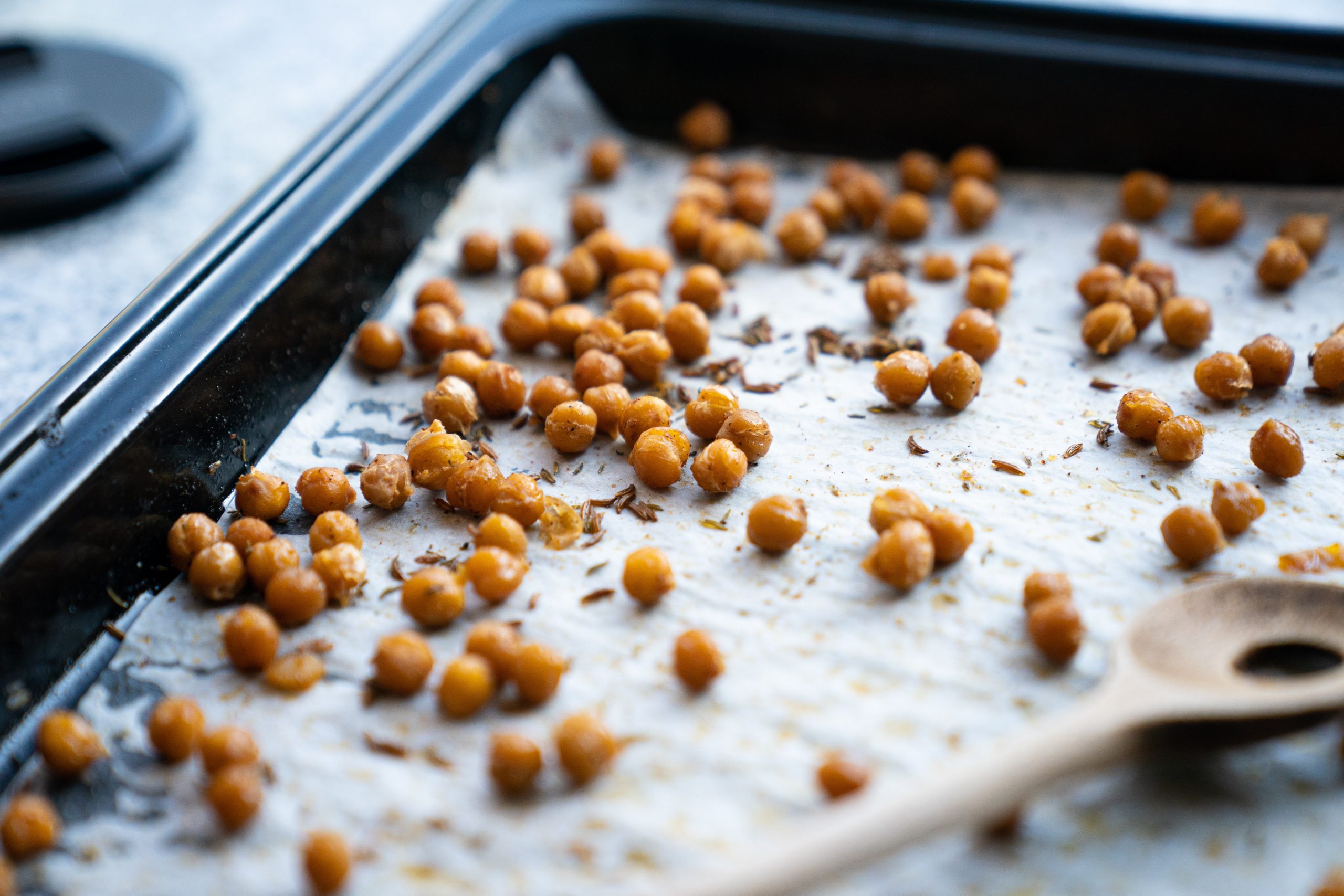
BERRIES
Fruit is a vital part of our diet. Shockingly, a study showed not eating enough fruit is one of the leading causes of obesity in America. The American Cancer Society conducted a study on 100,000 men and women to examine how berries can improve our health. Their study revealed that people who ate more berries are significantly less likely to die of cardiovascular disease.
Berries are very easy to integrate into your diet. Try making a sorbet as a healthy dessert, drinking a smoothie in the morning, or snacking on them throughout the day. You could also add them to your porridge or cereal in the morning. They make a great sweet and low-calorie addition to any meal, yum!
LENTILS
Lentils and beans are essential to the vegan diet. Whether you’re vegan or not, they are an affordable way to get protein and feel satisfied after a meal. Lentils are the base of so many meals, curry, dhal, bolognese, Chilli con Carne, or salad. What’s not to love about this delicious and low-calorie source of protein?
As well as tasting great and offering protein, they have many health benefits. Lentils help the growth of beneficial gut bacteria, crucial to your digestive system and immune system. The macro and micronutrients they contain, such as protein, iron, zinc, folate, fiber, and potassium - have an antioxidant and anti-inflammatory effect. As a result, lentils regulate blood sugar levels and blood pressure which lowers the risk of heart disease.
Whilst lentils are amazing, other beans and pulses are also very important in a vegan diet. It is vital to our bone health and repair cells that we consume enough protein. Make sure to eat beans and pulses when possible.
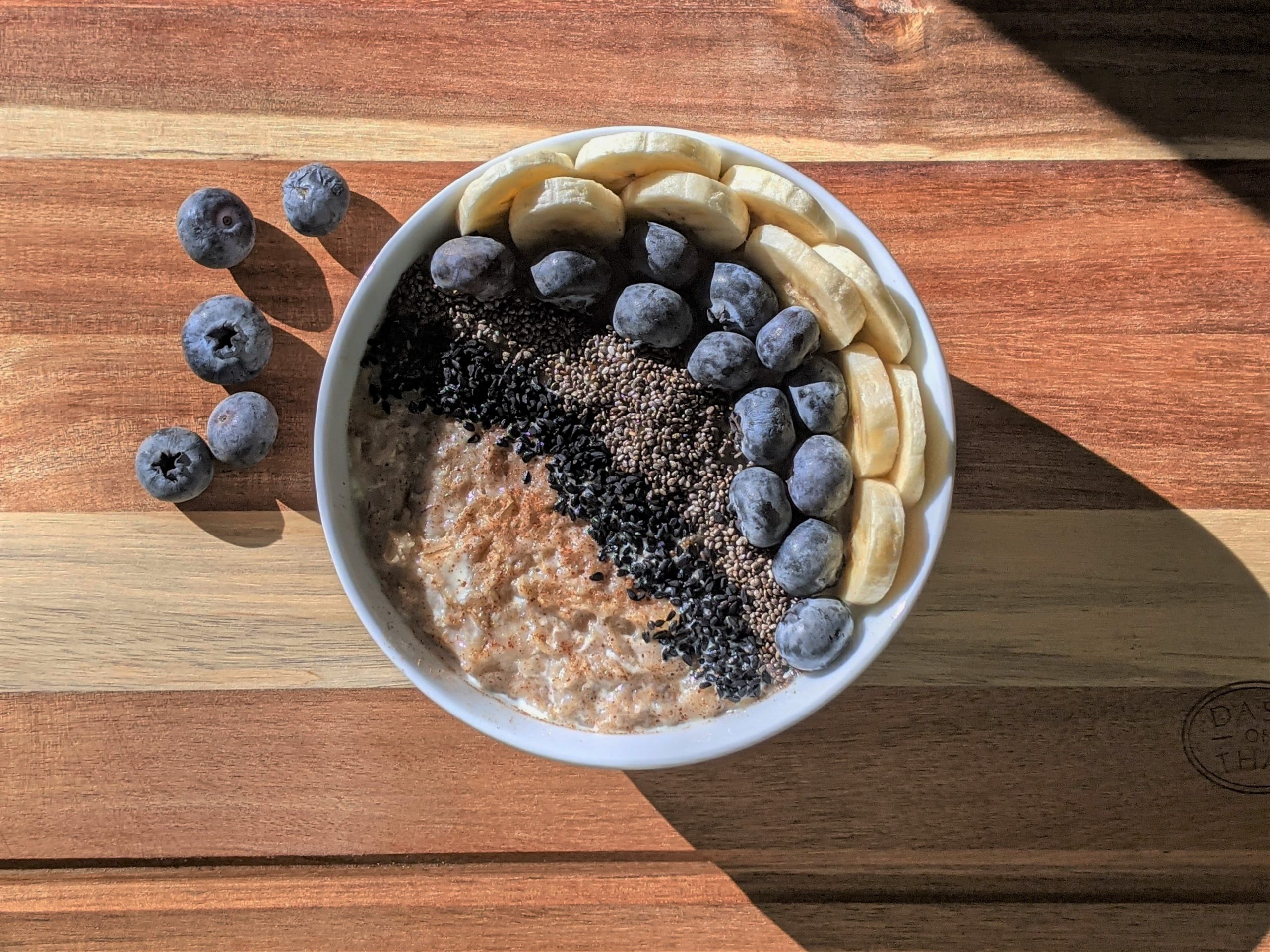
CHIA SEEDS
Seeds and nuts are hugely beneficial to the vegan diet. They offer protein and nutrients essential for the body. Chia seeds in particular are very good for you. As they help lower your blood pressure, they reduce the risk of heart disease and other serious illnesses. Additionally, they are packed with antioxidants and essential omega-3 fatty acids - whilst being full to the brim of fiber and minerals.
Chia seeds will strengthen your bones due to their high calcium, magnesium, phosphorus and magnesium content. Sprinkling them on top of toast or noodles is an easy way to get an added health kick in your meals. Chia pudding is a popular breakfast, rich in chia seeds of course. The chemical reaction that takes place turns the seeds into a gel-like consistency, making a delicious sweet treat.
Nuts and seeds are a good source of healthy fats and protein, making your vegan meals more filling and nutritious.
KALE
Leafy greens are full of health benefits, but kale is the healthiest of all. It is one of the most nutrient-dense foods in existence. Part of the cabbage family, with broccoli, cauliflower, and brussel sprouts, kale is full of antioxidants like quercetin and kaempferol. Antioxidants control oxidant damage, the driving force behind aging and life-threatening diseases.
Kale is also a great source of vitamin C. It is richer in vitamin C than oranges and spinach, containing 4.5 times more vitamin C than an entire orange. It also contains a lot of vitamin K, which prevents blood clotting.
As well as being a tasty low-calorie addition to any dish, there are reported links between kale consumption and eye health. Kale contains lutein and zeaxanthin, carotenoid antioxidants. Studies have shown that people who eat high quantities of lutein and zeaxanthin have a significantly lower risk of macular degeneration and cataracts.
With a crunchy stem, kale provides texture to any dish. It’s not an overpowering flavour, which makes it so easy to cook into a curry or pasta dish. Get the incredible health benefits of kale without compromising your favouirte recipes!
All of these foods are vital to the upkeep of a healthy and balanced diet. Consuming a variety of foods and eating a protein and vegetable-rich diet is crucial to everyone, especially vegans. If you are struggling to prioritize important nutrients in your vegan diet, these five foods are a good place to start.
+ Words
Florenne Earle Ledger
Luxiders Magazine

